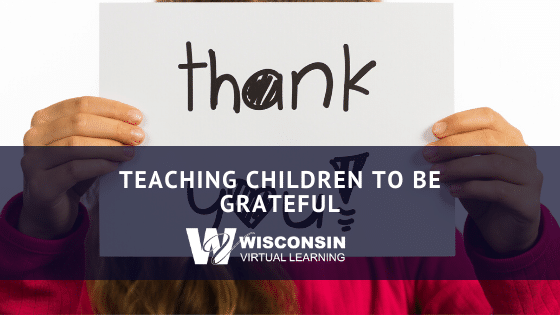There are aspects of life that we, as adults, must pay close attention to in order to have a happier life. Thankfulness is one of them. A child who learns this lesson will be way ahead of the curve by the time they become an adult; having developed who they want to be with that thankfulness as part of a strong foundation.
Having an Attitude of Gratitude
The world culture we live in can often imply that we are entitled to so many things that we can easily forget how well we have it. There are many ways to show your kids they should be grateful. We can also teach them how to think and behave with appreciation toward others, generally living with an attitude of gratitude. Here are some great activities that don’t cost much but can teach your students to nurture a positive approach to life and generally be happier doing it.
- Saying “Thank You”– It probably sounds too simple, but kids don’t always say thank you without being prompted. As parents, we are happy to provide food, clothes, or shelter to our kids and often don’t expect a “thank you.” When students see what a good response those around them may express once the student shows appreciation, they may grow to like it.
- Send Thank You Cards – This is an extension of saying “thanks.” However, it takes a bit more effort to sit and write a note. Writing a hand-written note and dropping in the mail takes thought, time, and effort. It seems like a lost art in today’s world of texting, email, and instant messaging. Let them pick out the cards to buy or better yet, show them how to make them at home.
- Volunteer – Sometimes the only way to understand how good their life is, is to see the challenges that others live with. Volunteering at a shelter or soup kitchen not only introduces them to people with hard times but gives them a chance to develop helpful behaviors and compassion for others.
- Model Thankfulness – Your children watch you every day to know how they should or shouldn’t act. You cannot expect them to be more grateful than you act every day. Thank them when they are helpful or do something you appreciate. Being on the receiving end of thankfulness makes them more inclined to be on the giving end, too.
- Share Stories of Gratitude – Talk about your day together, mentioning the good things that happened, and asking what they were thankful for that day. They may find they have far more to be grateful for than things they are missing out on.
Children who practice daily habits of showing thanks become happier, more productive, and often more compassionate adults. Give your kids the gift of giving thanks this year.

